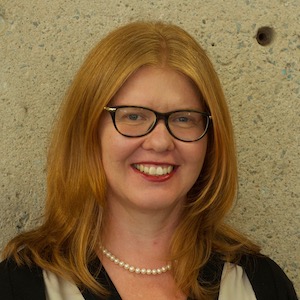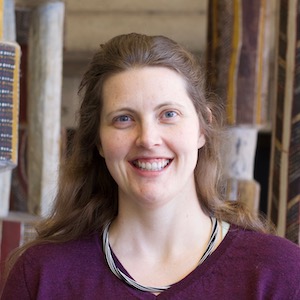Team

Estelle Joubert
Principal Investigator
Estelle Joubert is Associate Professor of Musicology at the Fountain School of Performing Arts, Dalhousie University. Her research interests include opera and political theory, music in the global eighteenth century and computational approaches in musicology. Her articles and chapters have appeared in Cambridge Opera Journal, Eighteenth-Century Music, Music & Letters, Plainsong and Medieval Music, the Cambridge Companion to Eighteenth-Century Opera, and Musica e Storia, among others. She is completing a monograph entitled German Opera and the Politics of Sensation, 1750-1815 and is principal investigator for a large-scale research project, Opera and the Musical Canon, 1750-1815, funded by the Social Sciences and Humanities Research Council of Canada.

Austin Glatthorn
Postdoctoral Research Fellow (2016-2018)
Austin Glatthorn was a Postdoctoral Research Fellow at Dalhousie University from 2016 to 2018, where he was a member of the project ‘Opera and the Musical Canon, 1750-1815’. Glatthorn’s research focuses on the interdisciplinary intersections of music, politics, and spectacle in the years around 1800, and appears in recent issues of Eighteenth-Century Music and Journal of Musicology. He recently accepted a position as Assistant Professor of Music at Oberlin College, where he is embarking on a monograph that aims to liberate music historiography c.1800 from concepts such as Viennese classicism and nationalist historiography that were devised decades later, yet continue to dominate narratives of the period. Glatthorn’s research has been funded by the University of Southampton, the Deutscher Akademischer Austauschdienst, the Leibniz-Institut für Europäische Geschichte, and the Social Sciences and Humanities Research Council.

Hilary McSherry
M.A Candidate in Musicology (2017-2019)
Hilary McSherry's research focuses on eighteenth-century opera in Prussia, especially the impact of international relations and diplomacy on the Singakademie archive. She hopes to share and preserve this cultural collection through her research. Hilary is interested in music and its relationship to politics, culture, and history. Much of her previous research has focused on Central and Eastern Europe, including topics such as the strength of civil society and its impact on the functioning of democracy. She also studied the music of Dvorak and Ligeti in the context of changing cultural, political, and social norms. She holds a degree in music and a degree in international relations from the University of the Pacific, a master's degree in international policy from the Middlebury Institute of International Studies at Monterey, and is now a current student of musicology at Dalhousie University.

James Summerby-Murray
Technical Lead (2017-)
James graduated with his BA from The Fountain School of Performing Arts' Theatre Program, specializing in Film Analysis and Film History. When he wasn't studying films, he took several computer sciences credits over the course of his degree at Dalhousie University, has developed a strong interest in the way that computers work, and how they can be used to help facilitate data manipulation. James grew up with a strong musical family - a father who spent his early career as an organist, and a mother as a pianist. James also participated in frequent piano recitals alongside his two brothers. He is now able to use his fascination of technology to explore his interest in music.

Thomas Carberry
Undergraduate Research Assistant (2017-)
Born in Québec City, Thomas spent most of his education there and consequently became fluent in both English and French. Currently working on an undergraduate degree in Classics (Honours) as well as German at Dalhousie University, Thomas enjoys travelling and plans to do a master’s degree in Germany. When he is not thinking about his love of ancient civilizations, he studies music as a hobby.

Shawn Henry
Research Assistant (2018-)
Shawn has a varied background as a professional director, writer, producer, performer and teacher. He received a BMUS in Voice Performance from Dalhousie University and since then, has taught music in the school system in Ontario for the last fifteen years while also acting as director and musical director for many theatrical shows throughout Ontario and New Brunswick. In 2013, he started his own production company called Blind Faith Productions and continues to produce film and stage performances. He recently graduated with a MA in Musicology from Dalhousie University in the spring of 2018.

Paul Doerwald
Software Consultant
Paul G. Doerwald holds a B.Mus. from Wilfrid Laurier University and an M.Sc. in Software Engineering from the University of Oxford. He has owned and operated Liquid Media, a boutique web development company with an international clientele, for almost two decades. His Software-as-a-Service start-up, Clockk is developing a ‘smart time sheets’ application for agencies and consultancies. Clockk is a winner of the first Volta Cohort competition in Halifax, and has received a $25,000 early stage investment. Paul enjoys skiing, hiking and traveling.